The Central Philosophy of Buddhism: A Study of the Madhyamika System
₹495.00
In stock
Too Good to Resist Sale is Live BUY AND SAVE NOW
The Vastness fo Buddhism is surprisingly immense. An extensive and varied literature, covering period of more than fifteen centuries,
is scattered in a score of languages. Its complexity is no less formidable; its school and sub-schools are bewildering in their number and in the twists and turns of their thought. The greatest difficulty facing the student is the lack of an acredited tradition of interpretation.
Buddhism and its religious philosophy has frequently undergone periods of major regeneration. White this willingness to reformulate periods of major regeneration. While this willingness to reformulate the insights of the Buddha for a different cultural context is one of its outstanding virtues, it is also a source of difficulties for the unguided Western student who often becomes lost and confused in the midst of this richness of ideas.
In his study of the Madhyamika School, founded in the 2nd century by Nagarjuna, one the greatest thinkers of all time, T.R.V. Murti presents the central doctrine of Buddhism, which is the absence of any autonomous existence in individuals and phenomena. Drawing on a wealth of documentation the author analyses the development of Buddhist thought in India and its parallels with certain Western philosophy, and he finally illuminates the relevance of the ancient doctrine to the present day.
Review(s)
About the Author(s)
Tirupattur Rameseshayyar Venkatachala Murti (15th June, 1902-18th March, 1986) was born in a South Indian middle class Brahmana family. He was educated first at Tiruppattur and later at Tiruchhirapalli where his early undergraduate study was undertaken at the then Bishop Heber College.
After a gap of several years spent in the cause of gandhi’s Nationalist movement, in 1925 he joined the Banaras Hindu University (BHU). The presence of both the Sanskrit College and the Hindu University side by side in Banaras allowed him the unique advantage of pursuing classical Sanskrit training and Western style University study. (This dual background qualified Prof. Murti for important service on the “Sanskrit Commission” (1956-57) Constituted by the Indian Government to review the scope and future of Sanskrit vis a vis higher education in India.)
Additional information
| Weight | 0.5 kg |
|---|---|
| Dimensions | 10 × 11 × 12 cm |
| Book Author | T. R. V. Murti |
You must be logged in to post a review.
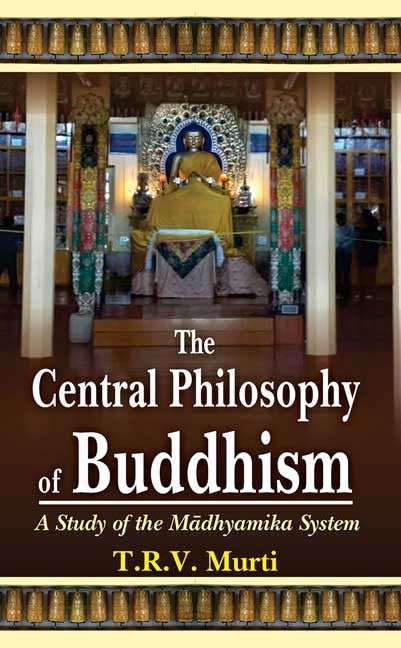
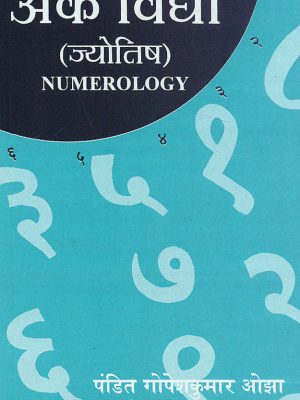
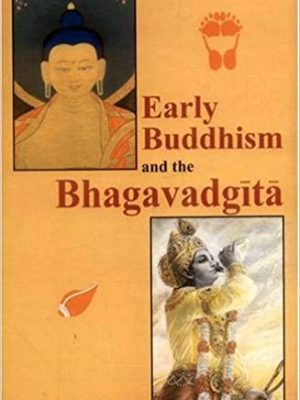
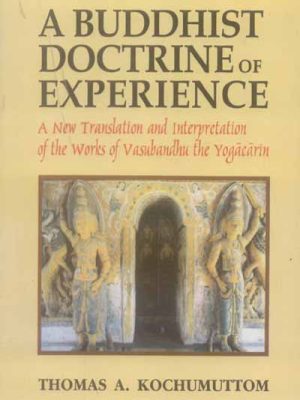
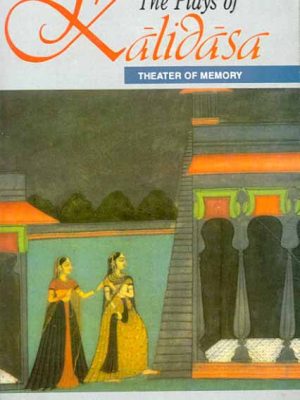
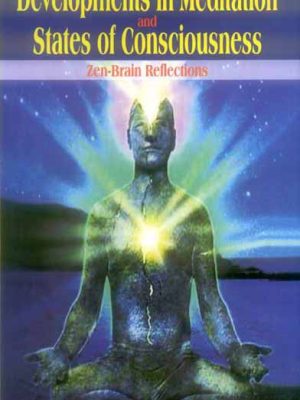
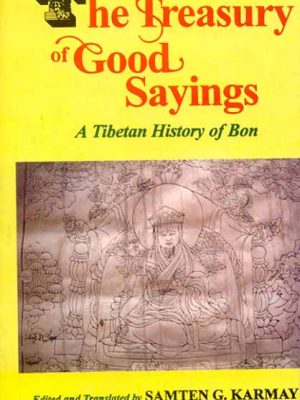

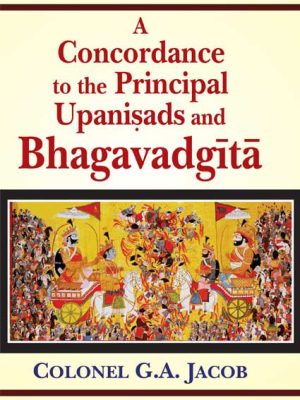


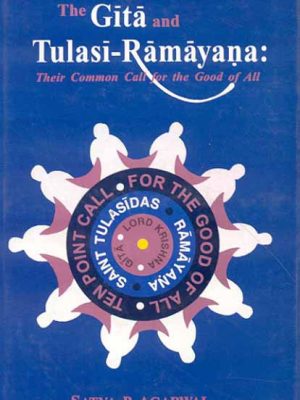
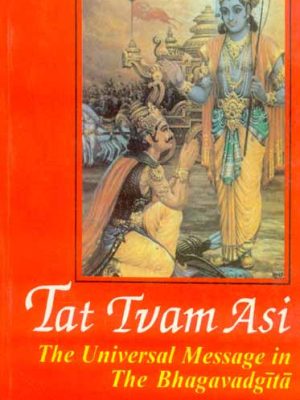
Reviews
There are no reviews yet.